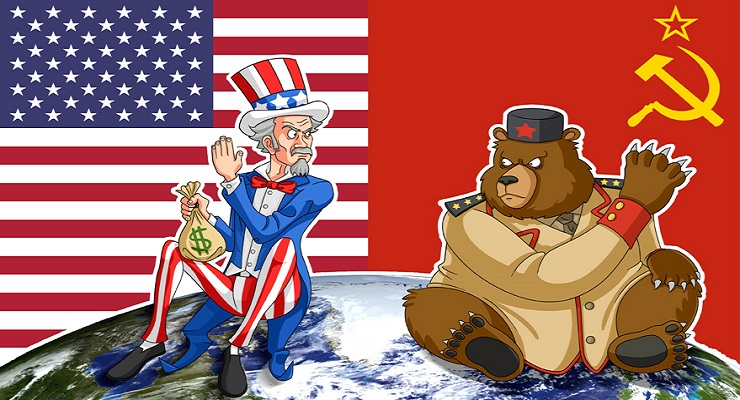
This article is from Democracy Digest:
Washington still has the power to prevent Beijing and Moscow from dominating their regions, so long as it rejects advice to cut loose its vulnerable frontline allies. A tougher, more competitive world is unavoidable. A far more dangerous world, divided into competing superpower fiefdoms, is not, notes Hal Brands, Henry A. Kissinger Distinguished Professor of Global Affairs at the Johns Hopkins School of Advanced International Studies (SAIS).
Russia’s and China’s spheres of influence would inevitably be domains of coercion and authoritarianism, he writes for Foreign Affairs, rejecting the view of several analysts who have recently advanced the argument that the United States should make a virtue of necessity—that it should accept Russian and Chinese spheres of influence, encompassing some portion of eastern Europe and the western Pacific, as the price of stability and peace:
Both countries are run by illiberal, autocratic regimes; their leaders see democratic values as profoundly threatening to their political survival. If Moscow and Beijing dominated their respective neighborhoods, they would naturally seek to undermine democratic governments that resist their control—as China is already doing in Taiwan and as Russia is doing in Ukraine—or that challenge, through their very existence, the legitimacy of authoritarian rule.
Read the full story here.
Leave a Reply